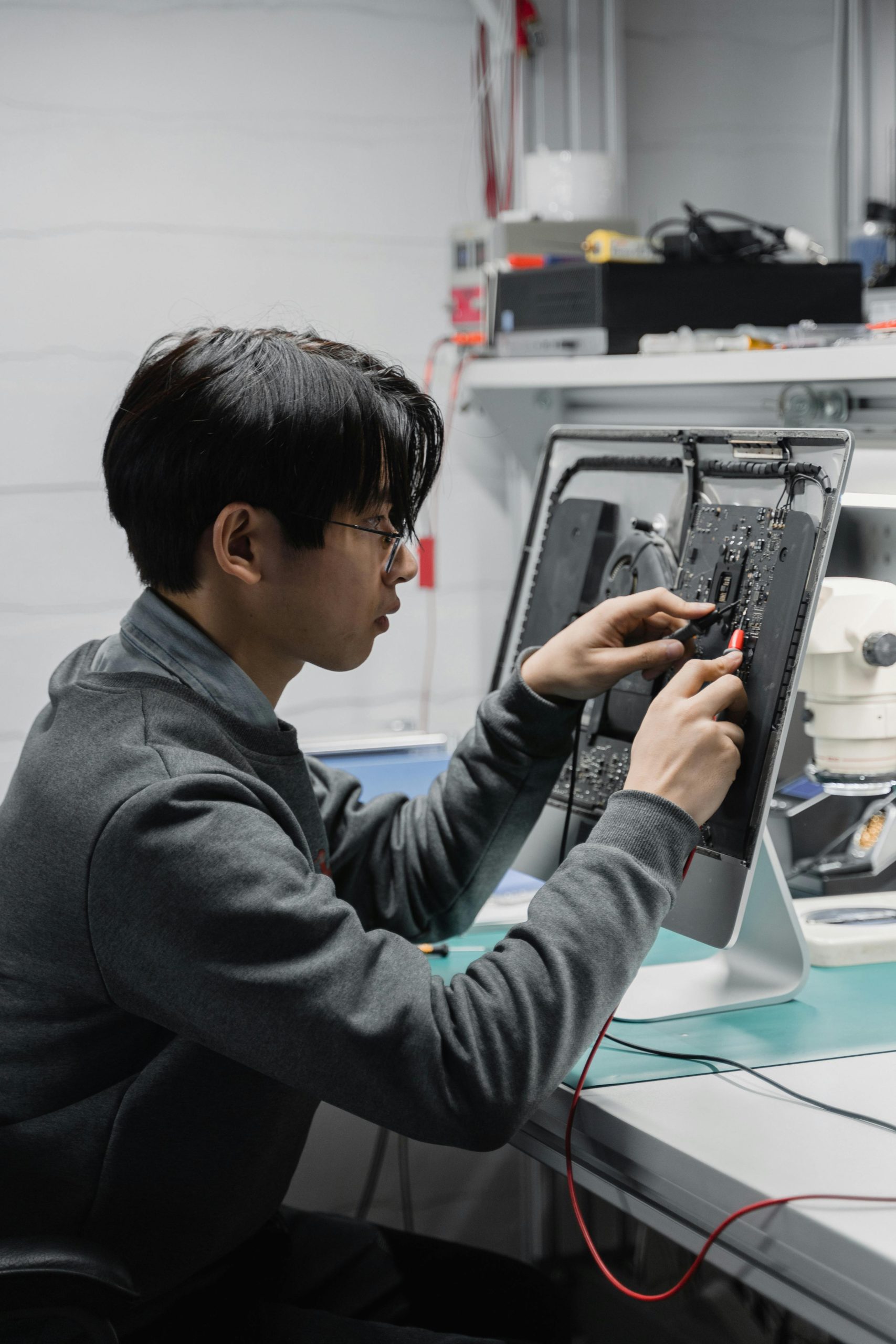Troubleshooting a Powerless Computer: A Personal Journey Towards Resolution
In the world of academia, technology is often the backbone supporting critical research and experimentation. However, what happens when that technology suddenly fails? A recent experience encapsulates this scenario perfectly, and I’m excited to share how I resolved a potentially devastating tech crisis just in time to continue my PhD work.
The Challenge
One evening, I encountered a significant issue: my aging Windows computer—a vital piece of equipment in our lab—suddenly powered down without any prior warning. After years of reliable service, it refused to turn back on. To make matters worse, there were no signs of a power outage; my office was functioning normally.
Despite my efforts to troubleshoot, including switching power cables, trying various outlets, and even cycling the power switch, the situation did not improve. The system would only respond with a flickering orange light when I hit the power button, which was disheartening since this light typically indicates that everything is operating correctly.
The Community Response and Discovery
Turning to the online community was a lifeline during this stressful situation. I received an outpouring of suggestions and support. Many offered valuable insights for which I’m incredibly grateful. However, a number of responses focused on backing up data or retrieving files, which didn’t quite align with my immediate need to get the system operational.
Ultimately, I narrowed down the issue to the power supply unit (PSU). By comparing it with a spare PSU I had on hand, I confirmed that our original 500-watt PSU was indeed malfunctioning. The replacement PSU, though only rated at 350 watts, kept the fans spinning—a promising sign!
To ensure longevity and compatibility, I decided to invest in a new and improved 650-watt PSU. Once it was installed, the computer whirred back to life, and I was relieved to see it operating as intended. With everything back in place, I resumed my experiments and research, thanks to the invaluable input from the community and a little perseverance.
Conclusion
The ordeal taught me several important lessons: always have a backup plan for critical equipment, and never underestimate the power of community support. I’m thankful for everyone who contributed their thoughts and advice during my troubleshooting journey.
So, for anyone experiencing a similar challenge—don’t lose hope! The solution may be simpler than you think, and sometimes, all it takes is a little collaboration and patience.
Share this content:




It sounds like you’ve gone through a thorough troubleshooting process, which is great! When dealing with a power supply issue where the PSU fan spins but the system doesn’t power on fully, here are a few additional steps you might consider:
If these steps do not resolve the issue, it might be worth consulting your motherboard’s manual or contacting the manufacturer for specific